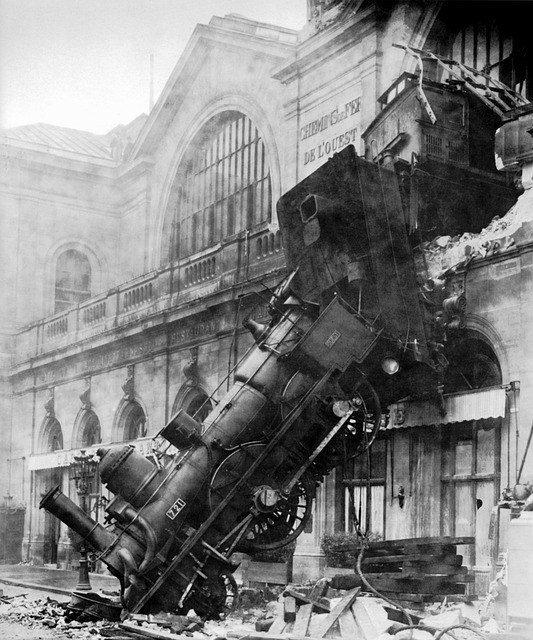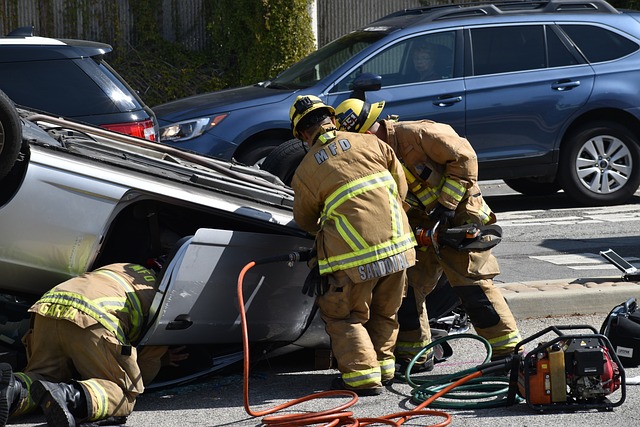In The Bronx, with its stringent DWI laws and bustling trucking activities, understanding the intersection of trucking liability is crucial for effective DWI defense strategies. Strict New York State DWI regulations apply equally to truckers due to heightened safety risks. Determining liability in trucking accidents involves evaluating driver training, vehicle maintenance, road conditions, and traffic rule adherence. Robust defenses focus on alibis, challenging evidence admissibility, and leveraging trucking industry witnesses or records to contradict prosecution timelines. Successful outcomes require meticulous detail-orientation and a deep understanding of local legal precedents.
In the vibrant yet bustling metropolis of The Bronx, navigating DWI (Driving While Intoxicated) charges can be a complex journey. Understanding local laws and employing effective defense strategies is crucial for those facing these accusations. This article delves into the intricacies of DWI defense in The Bronx, exploring key aspects like trucking liability, building robust defenses, and presenting real-world case studies. By understanding these dynamics, folks can better navigate this legal labyrinthine and ensure their rights are protected.
- Understanding DWI Laws in The Bronx: A Comprehensive Overview
- Trucking Liability in The Bronx: Navigating the Complexities
- Building a Strong Defense: Strategies for DWI Cases
- Case Studies: Successful DWI Defense Techniques in The Bronx
Understanding DWI Laws in The Bronx: A Comprehensive Overview

In The Bronx, DWI (Drunk Driving While Intoxicated) laws are strictly enforced to ensure road safety. Understanding these laws is crucial for both residents and visitors alike. New York State’s DWI regulations are comprehensive, with specific rules regarding blood alcohol content (BAC), field sobriety tests, and penalties. Knowledge of these guidelines can be a powerful tool for anyone facing DWI charges. The Bronx, being a major transportation hub, including bustling trucking activities, means that Trucking Liability is a significant aspect of DWI cases here.
Trucking companies and their drivers must adhere to strict regulations, as commercial vehicles pose unique challenges in terms of safety and liability. Drivers operating these trucks are subject to more stringent BAC limits compared to regular motorists, often with lower tolerances allowed. This is due to the increased risk associated with large vehicles. Understanding these nuances of DWI law, especially within the context of The Bronx’s heavy trucking traffic, can shape the defense strategy for those accused of this offense, potentially leading to more favorable outcomes.
Trucking Liability in The Bronx: Navigating the Complexities

Trucking liability in The Bronx is a intricate web that involves navigating complex laws and regulations. As one of the busiest urban centers, The Bronx sees an extensive network of commercial trucking activities, from local delivery services to long-haul transportation. This high volume presents unique challenges when it comes to safety and accountability. When a truck is involved in an accident within city limits, determining liability becomes a multifaceted process.
Factors such as driver training, vehicle maintenance, road conditions, and adherence to traffic rules play significant roles. In many cases, proving negligence on the part of the trucking company or driver can be crucial for securing justice. This involves meticulous investigation, including reviewing logs, interview witnesses, and examining maintenance records, all while adhering to The Bronx’s specific legal framework. Understanding these complexities is essential for anyone facing charges related to Trucking Liability in The Bronx.
Building a Strong Defense: Strategies for DWI Cases

In building a strong defense strategy for a DWI (Driving While Intoxicated) case in The Bronx, it’s crucial to consider several key elements. One primary focus should be establishing a solid alibi that contradicts the prosecution’s timeline of events. This could involve gathering evidence from witnesses who can attest to your whereabouts at the time of the alleged offense, particularly if you were involved in the trucking industry where liability is a significant concern in The Bronx. Trucking records, including logbooks and GPS data, can serve as invaluable tools in constructing a robust defense.
Additionally, challenging the admissibility of evidence is a critical tactic. This includes questioning the proper handling and storage of breathalyzer results or any other testing conducted. Given the strict legal standards required for DWI prosecutions, presenting well-researched and compelling counterarguments can significantly sway the outcome in your favor.
Case Studies: Successful DWI Defense Techniques in The Bronx

In the dynamic legal landscape of The Bronx, understanding successful DWI (Driving While Intoxicated) defense techniques is paramount, especially in cases involving trucking liability. Case studies offer a window into effective strategies that have secured favorable outcomes for defendants. One notable approach involves challenging the admissibility of breathalyzer results, often focusing on potential calibration issues or procedural errors. By examining the reliability and validity of these tests, lawyers can weaken the prosecution’s case, highlighting the possibility of inaccurate readings.
Additionally, building a robust defense often entails questioning the chain of custody for evidence, such as blood or urine samples. Lawyers might uncover gaps or inconsistencies in handling these specimens, raising doubts about their integrity. In The Bronx, where trucking incidents are not uncommon, establishing a solid alibi becomes crucial. This may include corroborating testimony from colleagues or passengers, demonstrating that the defendant was not operating the vehicle at the alleged time of intoxication. These case studies underscore the multifaceted nature of DWI defense, requiring meticulous attention to detail and a deep understanding of local legal precedents.
In navigating the complex landscape of DWI defense in The Bronx, understanding both local laws and unique industry nuances like trucking liability is crucial. By employing strategic techniques outlined in this article—from comprehensive legal overviews to successful case studies—individuals and commercial carriers alike can build a robust defense against charges. Armed with knowledge and expert guidance, it’s possible to challenge allegations, protect one’s rights, and achieve favorable outcomes in the Bronx’s legal arena, emphasizing the importance of proactive measures in managing DWI-related matters. For those facing DWI accusations, especially within the trucking industry, this guide offers a valuable starting point for navigating the complexities and securing the best possible outcome.
